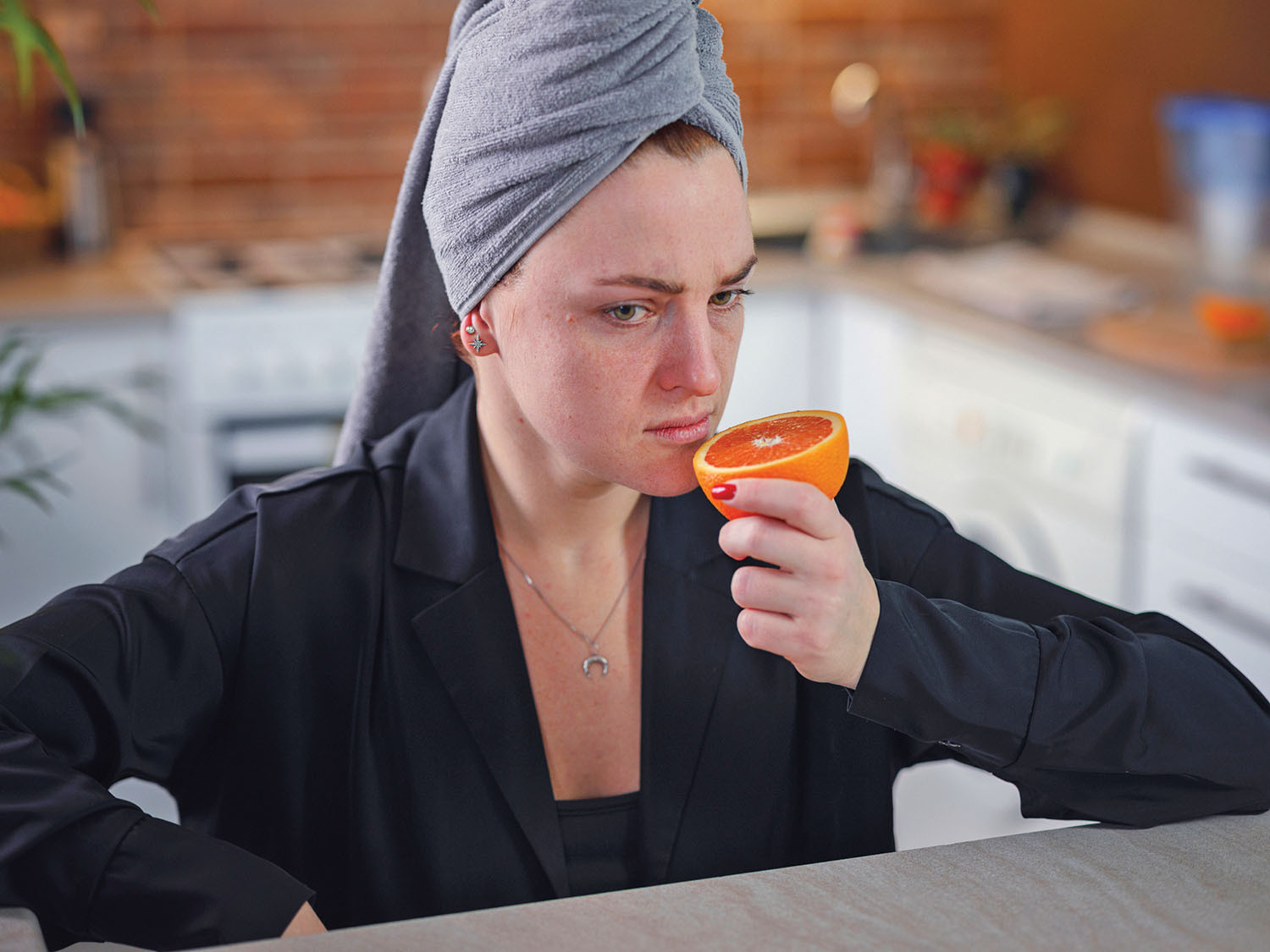
Wildfires: How to cope when smoke affects air quality and health

What can magnesium do for you and how much do you need?

Dry socket: Preventing and treating a painful condition that can occur after tooth extraction

What happens during sleep �� and how to improve it

How is metastatic prostate cancer detected and treated in men over 70?

Could biofeedback help your migraines?

What is autism spectrum disorder?

Plantar warts: Options for treating this common foot condition

Cancer survivorship: What comes next after treatment

Nutritional yeast: Does this savory, vegan seasoning pack a nutritional punch?
Women's Health Archive
Articles
What symptoms should I report to my gynecologist?
Women with unusual pelvic or vaginal symptoms should report them to their gynecologist. These symptoms include vaginal odor, itching, or burning; menstrual changes; pelvic pain or discomfort; or new bleeding.
Have lupus? What to know about birth control
An estimated 7% of Americans have an autoimmune disorder, and these tend to disproportionately affect women. Expert guidelines can help with questions about the best birth control options for people with lupus and other autoimmune diseases.
Mediterranean diet may help ward off a dangerous pregnancy complication
A 2022 study found that pregnant women who ate a diet rich in foods typical of a Mediterranean-style eating plan were significantly less likely to develop the potentially serious pregnancy complication pre-eclampsia.
Women more likely than men to show atypical stroke symptoms
A 2022 study found that women are more likely than men to have "generalized" stroke symptoms such as weakness and confusion, in addition to classic signs such as speech or movement problems.
Long COVID symptoms differ between the sexes
A 2022 study found that women with long COVID showed more symptoms than men, including shortness of breath and fatigue.
Pregnancy's lasting toll
Pregnancy and childbirth effects on the body can linger or develop years or decades after the birth. Muscles, ligaments, and nerves in the pelvis can be damaged, leading to urine or stool leakage or sagging pelvic organs. Treatment approaches include a pessary, various surgical procedures, or pelvic floor physical therapy. Women can protect their pelvic floor from weakening further by maintaining a healthy weight, preventing constipation, and managing conditions that contribute to chronic cough.
Novel telehealth approach may improve overactive bladder symptoms
A 2022 study found that women with overactive bladder showed significant improvement in urinary symptoms, such as urgency and leakage, after they engaged in a type of telehealth care.
What type of breast screening do you need?
Mammograms are still the gold standard method for breast screening, but additional imaging tests can help detect cancers that might otherwise be missed in women with dense breasts or other breast cancer risk factors. Ultrasound is inexpensive but has a high false-positive rate if used alone. MRI is expensive but very accurate for tumor detection. Three-dimensional mammograms are highly accurate but have a 50% false-positive rate over a decade of yearly screening in women ages 40 to 79.
Dementia link to early menopause
Reaching menopause many years before the average age may be linked to a higher risk of developing dementia later in life.

Wildfires: How to cope when smoke affects air quality and health

What can magnesium do for you and how much do you need?

Dry socket: Preventing and treating a painful condition that can occur after tooth extraction

What happens during sleep �� and how to improve it

How is metastatic prostate cancer detected and treated in men over 70?

Could biofeedback help your migraines?

What is autism spectrum disorder?

Plantar warts: Options for treating this common foot condition

Cancer survivorship: What comes next after treatment

Nutritional yeast: Does this savory, vegan seasoning pack a nutritional punch?
Free Healthbeat Signup
Get the latest in health news delivered to your inbox!
Sign Up











